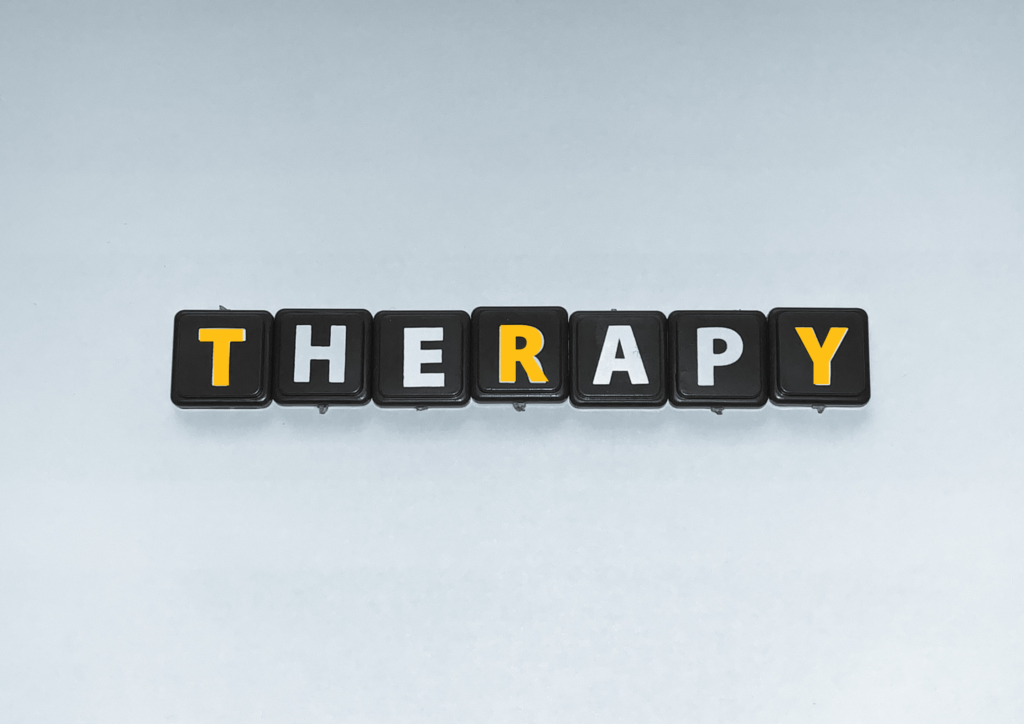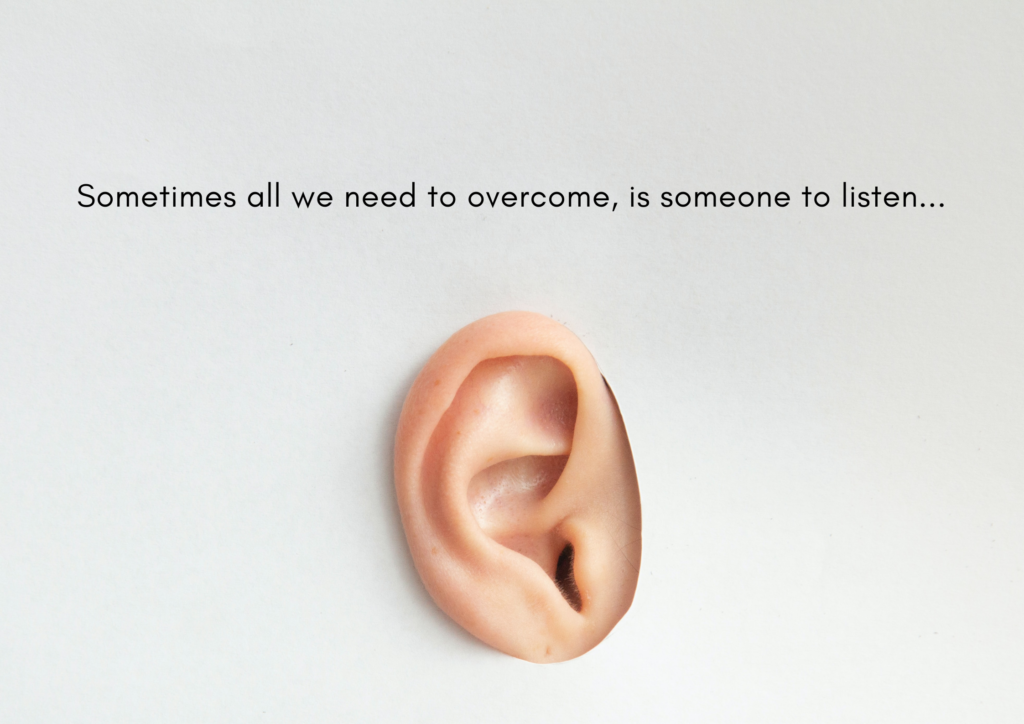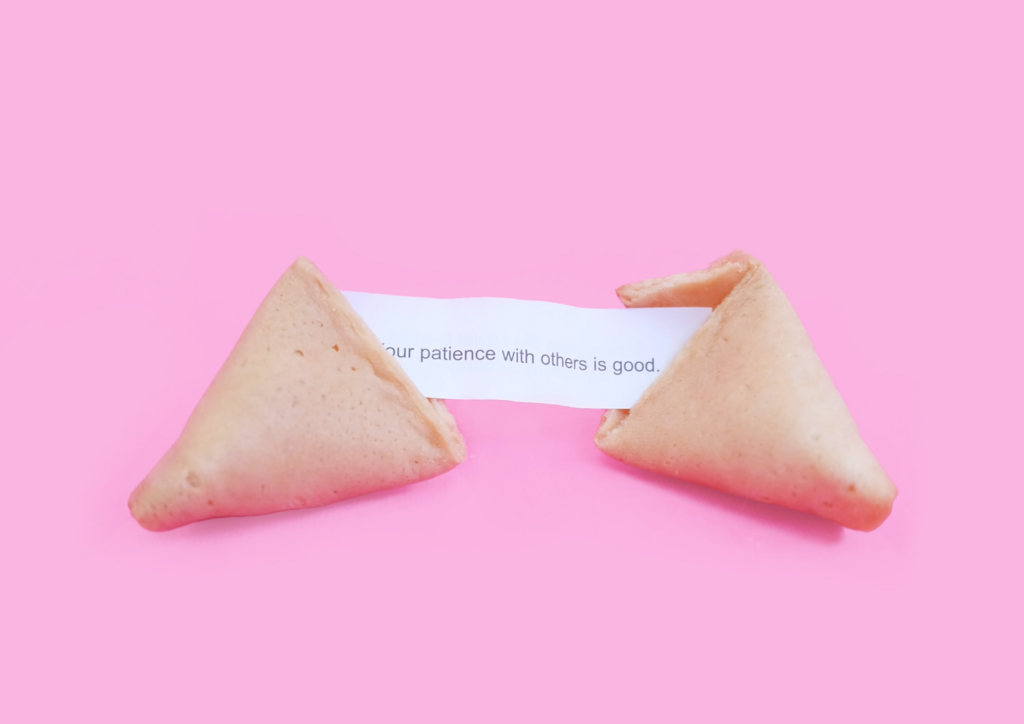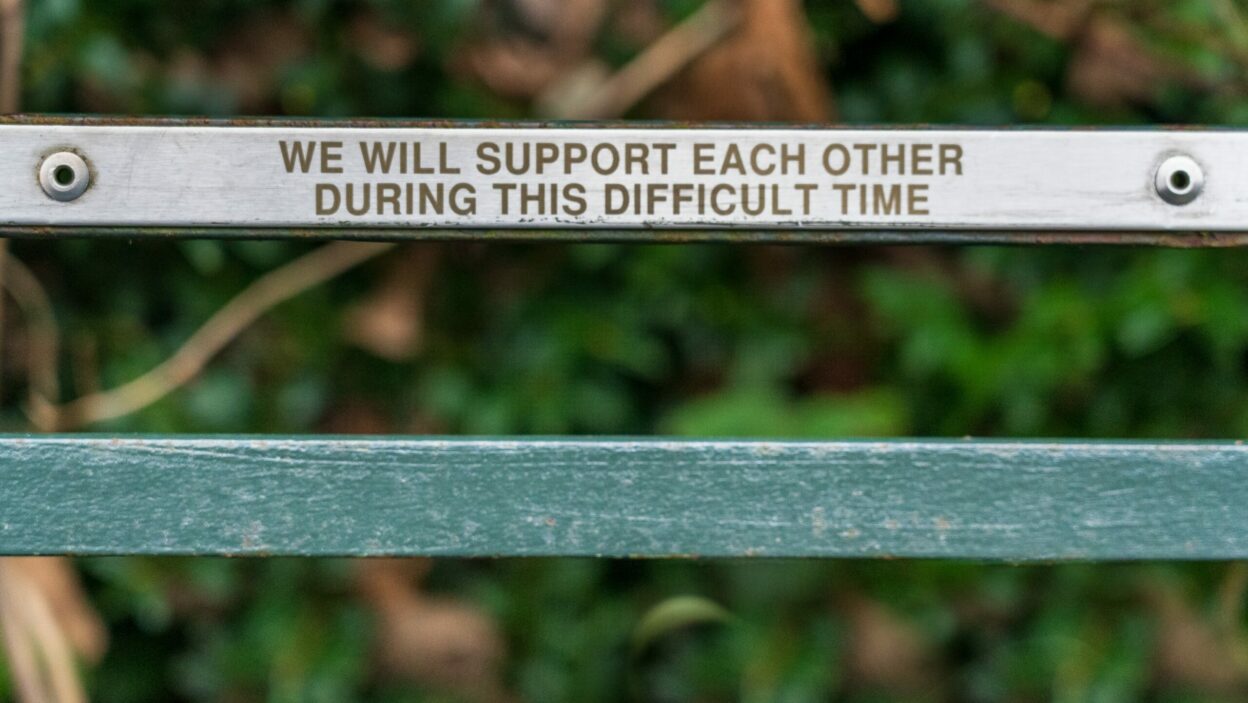Nothing is more upsetting than seeing someone you care about struggle with depression. So naturally, you’re concerned and want to support them. However, the majority of people are unsure where to begin. This article offers ten suggestions for how you might assist someone you care about who is depressed.
Before you can help, you must first acknowledge that your loved one is depressed. However, we don’t recommend that you offer your friend a diagnosis; that’s a job for doctors.

Recognise the signs and symptoms of depression
You may have recently observed that your loved one is acting strangely, exhibiting behaviours such as:
- Appetite or sleep disturbances.
- Lack of enthusiasm for previously pleasurable activities.
- Irritability has increased.
- Low energy and exhaustion.
- The mood is lower than usual.
- Concentration or decision-making issues.
- Self-deprecating remarks.
If your loved one exhibits more than a few of these signs, they could be depressed. As previously stated, do not make the diagnosis on your own. You can, however, gently inquire about the likelihood of depression and perhaps encourage your partner to consult a counsellor or the family doctor. If seeing a counsellor or doctor feels too risky for your loved one, there are screening resources on the internet.
The internet is filled with a wealth of beneficial information. It cannot, however, take the place of professional assistance.

Calling in professionals
Encouraging your loved one to seek help is one of the most beneficial actions you can take. You could also recommend a visit to the family doctor. Finally, if your loved one agrees to see a therapist but fails to do so, offer assistance in the search.
You can help someone you know who is depressed, but you won’t solve the problem. You cannot be held accountable for the depression or ensure that those you care about receive treatment. You can only go so far in terms of facilitating assistance.
Listening Without Making a Decision
Above all, understand that it is not your responsibility to cure your loved one’s depression. You can’t treat someone you care about, even if you’re a counsellor, physician, or psychologist. In addition, friends may lack the impartiality and perspective required for successful treatment.

Your friend requires someone who will listen rather than treat or solve the issue. As a result, you should act as a sounding board. With empathy and compassion, listen. If this is genuinely the case, you might want to say that you’ve had similar feelings in the past. If you pay attention, you’ll almost certainly be inclined to talk your loved one out of their despair.
Don’t succumb to the urge. Such actions will almost certainly be met with resistance and, in some cases, a worsening of symptoms. Professionals are the only ones who can intervene therapeutically.
Don’t forget (to) self-care
Self-care is a term that refers to the act of taking care of one. It takes a lot of energy and resources to help someone you care about who is depressed. It’s not always easy to listen to tales of despair and misery. We recommend that you connect, listen, and sympathise as much as possible. But don’t allow yourself to go into a deep depression as a result of it. As a result, it’s critical to pay attention to your requirements.
Continue to live your life and look for ways to have fun. Maintain a sense of balance in your life by connecting with friends. Suppose you put too much of yourself into helping your loved one. In that case, you risk losing your ability to support yourself and sliding into despair yourself.
Keeping Criticism at Arms’ Length
If someone you care about is depressed, the last thing you should do is condemn them. Nonetheless, you could be tempted to do so if you hear some of the things a depressed person might say. For instance, a friend might say, “I’m no good to anyone anymore.” You could find yourself exclaiming, “That’s ludicrous!” when you hear something like that. Why would you say something so ridiculous?”
Instead, try empathising. “I know you feel that way,” you could say. I disagree with you, but I can imagine how dreadful it feels to have that thought.” Furthermore, persons who are depressed may try to get you to condemn them. They may criticise you more than usual due to your increased anger, and you may feel compelled to defend yourself. Try to refrain from defending your ego and recognise that the criticism is most likely the result of sadness.
Don’t victimise
When someone you care about is depressed, it’s all too tempting to believe that the depression is due to anything you’ve done or that it’s your fault in some way. Please keep in mind that depression can be caused by a variety of variables, including genetics, biological factors, specific diseases or medicines, childhood events, culture, and so on. That isn’t to argue that your loved one’s depression has nothing to do with your connection. In reality, it’s possible. It’s a good idea to be open to the possibility of improving your relationship — perhaps through counselling if that seems right. Blaming yourself for your partner’s depression, on the other hand, will not help.
Patience can be hard to come by
When coping with a severe case of major depression, it’s important to remember that recovery takes time. Even antidepressant medicine usually takes a few weeks to kick in. Furthermore, certain cases of depression necessitate a lengthy search for the appropriate drug, which can take months.
Psychotherapy takes time to work as well. The average case will improve in two to three months, but many patients will take longer. Sometimes, just like with pharmaceuticals, the initial therapist doesn’t work out, and your loved one will need to seek care from another mental health expert.

Do not fall into the trap of believing that your loved one wishes to be depressed. No one wants to be depressed, we firmly believe. A person suffering from depression may act impulsively or in self-defeating ways at times, but this does not suggest that the depression is chosen. Try not to lose your cool. If you’re having trouble convincing your loved one to see a therapist, you might try to see a therapist yourself.









2 Replies to 7 ways to help a friend with depression
Why your child should have a tutor
Mentorship for the Mentee
What is trauma?
Conrati nominated as a Top Environmental Consulting Company by Futurology
How to boost 8 different forms of health
Conrati nominated as a Top Environmental Consulting Company by Futurology
How social media affects mental health
Understanding Bipolar Disorder